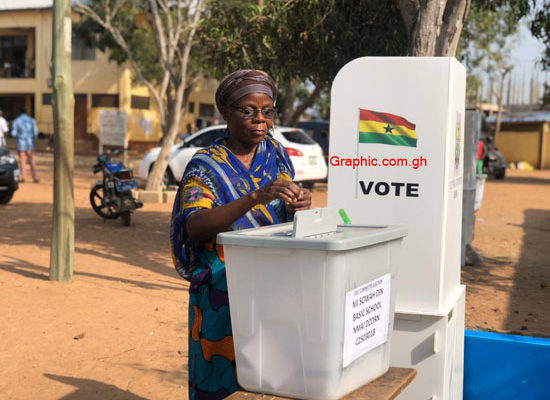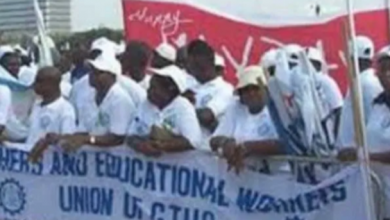News
Rejected ballots, potential third force?

In spite of Ghana’s globally acclaimed democratic credentials, the issue of rejected ballots during the elections remains a challenge.
It even appears that without adequate education, going into the December 7 elections, the situation may repeat itself.
Rejected ballots come about when some voters do not do things right or simply get confused with the voting process, thereby wasting the most sought-after electoral asset, the ballots.
In all the seven general elections the country has had – 1992, 1996, 2000, 2004, 2008, 2012 and 2016 – the rising incidence of rejected ballots triggered concerns among the electorate, particularly political pundits.
With 27 days to the crucial elections, will the issue of rejected ballots be a source of worry?
The conundrum
Since Ghana’s return to multiparty democracy in 1992, rejected ballots have seen seings in every election.
Some 149,813 rejected ballots were recorded in 1992, there were 111,108 in 1996 and 119,372 in 2000, before the figure surged to 188,123 in 2004.
In the 2008 general election in particular, rejected ballots shot up to 205,843, with the figure going up again to 243,280 in 2012, before reducing marginally to 167,349 in 2016.
All these are significantly huge numbers that cannot be discounted in any election.
Expressed as a fraction of the total number of voters, rejected ballots recoreded 3.6 per cent in the 192 polls, settled at 1.53 per cent in 1996 and 1.8 per cent in 2000.
In the 2000 presidential run-off, the percentage of rejected ballots was 1.58, going up again in 2004 to hit 2.13 per cent and then 2.4 per cent in the 2008 elections.
In the 2008 presidential election, for instance, the number of rejected ballots recorded in the first round was significantly higher than ever, both in terms of figures and percentages.
In 2012, it was 2.3 per cent and 1.46 per cent in 2016.
‘Rejected ballot party’
Hypothetically, the “rejected ballot party” placed third in the 2008 presidential race, ahead of Dr Papa Kwesi Nduom of the Convention People’s Party (CPP), who placed third with 113,494 votes, constituting 1.34 per cent of the total ballots cast, behind Professor John Evans Atta Mills of the National Democratic Congress (NDC), who placed second with 4,05,634, constituting 47.9 per cent of the votes and Nana Addo Dankwa Akufo-Addo of the New Patritotic Party (NPP), who garnered 49.13 per cent.
Indeed, the percentage of the rejected ballots far outstripped the combined performance of Dr Edward Mahama of the People’s National Convention (PNC), Mr Emmanuel Ansah Antwi of the Democratic Freedom Party (DFP), Mr Kwesi Amoafo Yeboah, an independent candidate and Mr Kwabena Adjei of the Reformed Patriotic Democrats (RPD).
According to Prof Edward Van Gyampo in the African Research Review, if rejected ballots were a political party, it could boast a steady increase in popularity ahead of the smaller parties.
And had the rejected ballots been valid, one of the two leading contestants, Nana Akufo-Addo or Prof Mills, might have won the first round of the 2008 elections.
That would have save the country the additional resources needed for a second round, not to mention another three weeks of political rivalry and tension between the NPP and the NDC.
Source: Graphic.com



